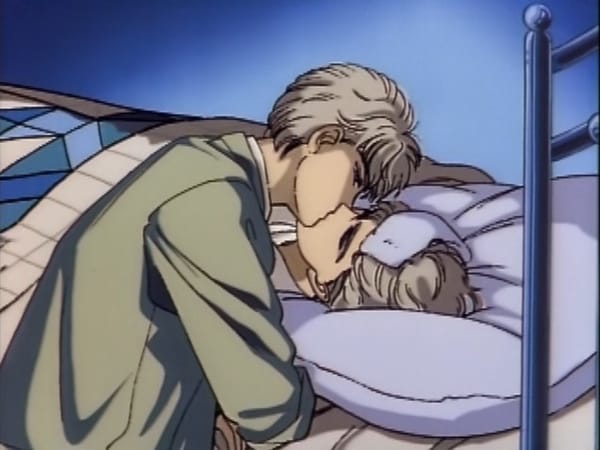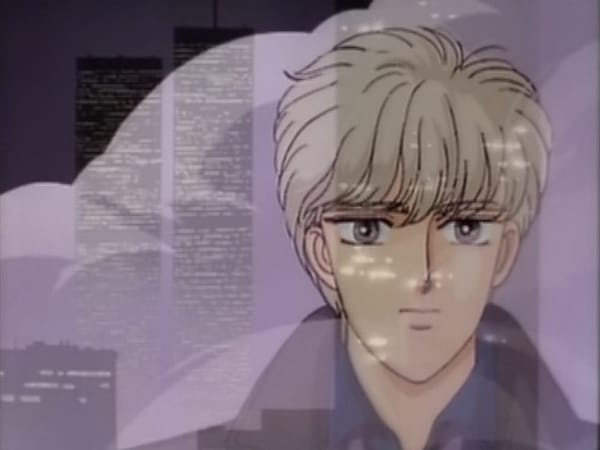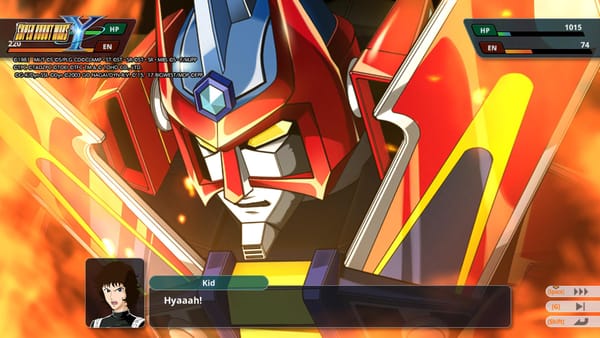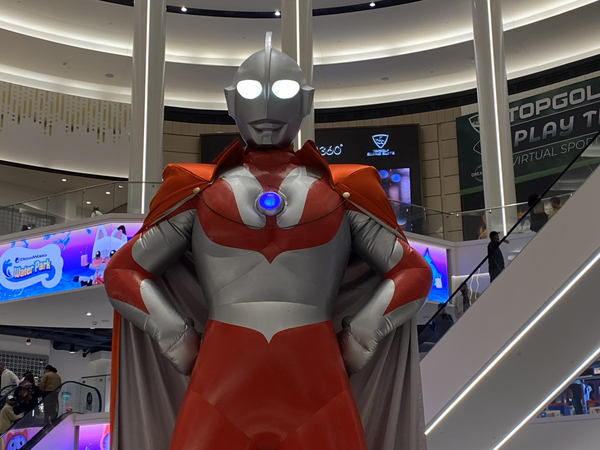I placed eighth at Riichi Nomi Open 2023 and you're all gonna hear about it
An event report of sorts
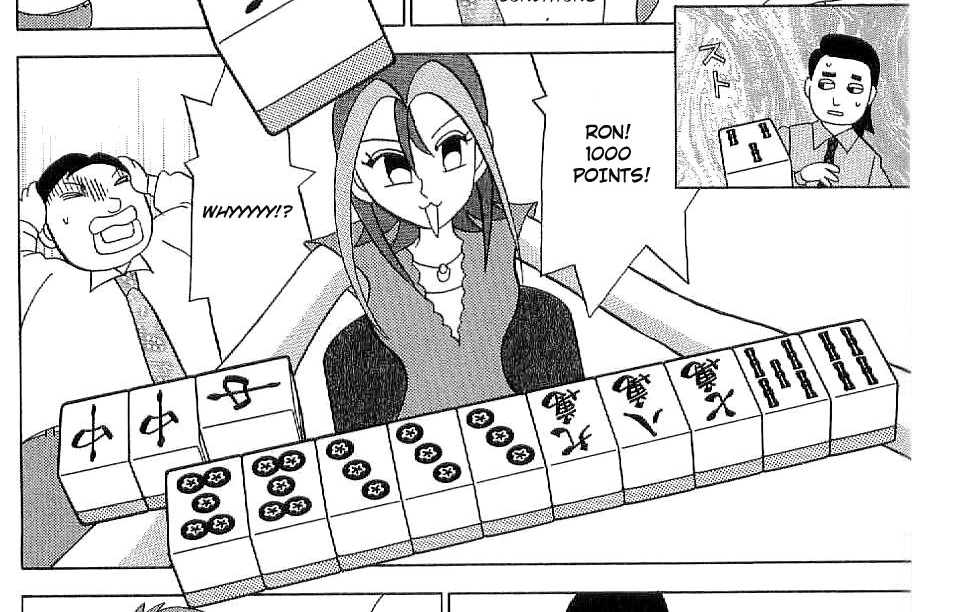
I don’t talk about it as much as my other topics on this newsletter, but this year I’ve gotten really actively involved in competitive riichi (Japanese style) mahjong. I’m a regular at local meets, I play tournaments when I can make it, I’m in an online league, and I try to play two full games a night, every night.
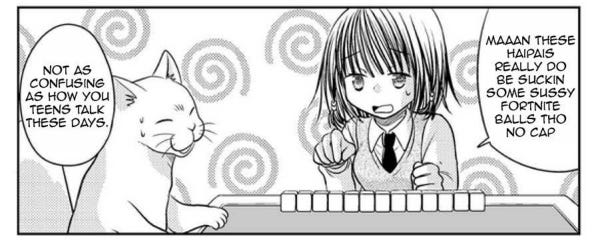
The game is complicated and harsh but also very deep— becoming only deeper the better you get at it— and because it’s ultimately determined by luck, it’s instilled in me an existential peace of mind that’s come in handy at a tough time in my life.1 In riichi, winning and losing and “playing well” are two almost completely different concepts. Anyone can get hit by lightning. You can’t get good at avoiding lightning.
What rekindled my love for the game was-- on a total whim, the day before the tournament-- signing up for the Riichi Nomi Open last year. I’ve always been on and off with online mahjong2, but I hadn’t touched physical tiles in years, and playing the game at a table is a very different beast from playing it online. My table manners and scoring were even sloppier at this lapsed moment than they are today, and I was so conscious of that and so nervous.
To my shock, I placed 21st in a field of 76, cut off from the semi-finals by a single mistaken deal-in. For a lapsed player, I thought it was a pretty strong run!
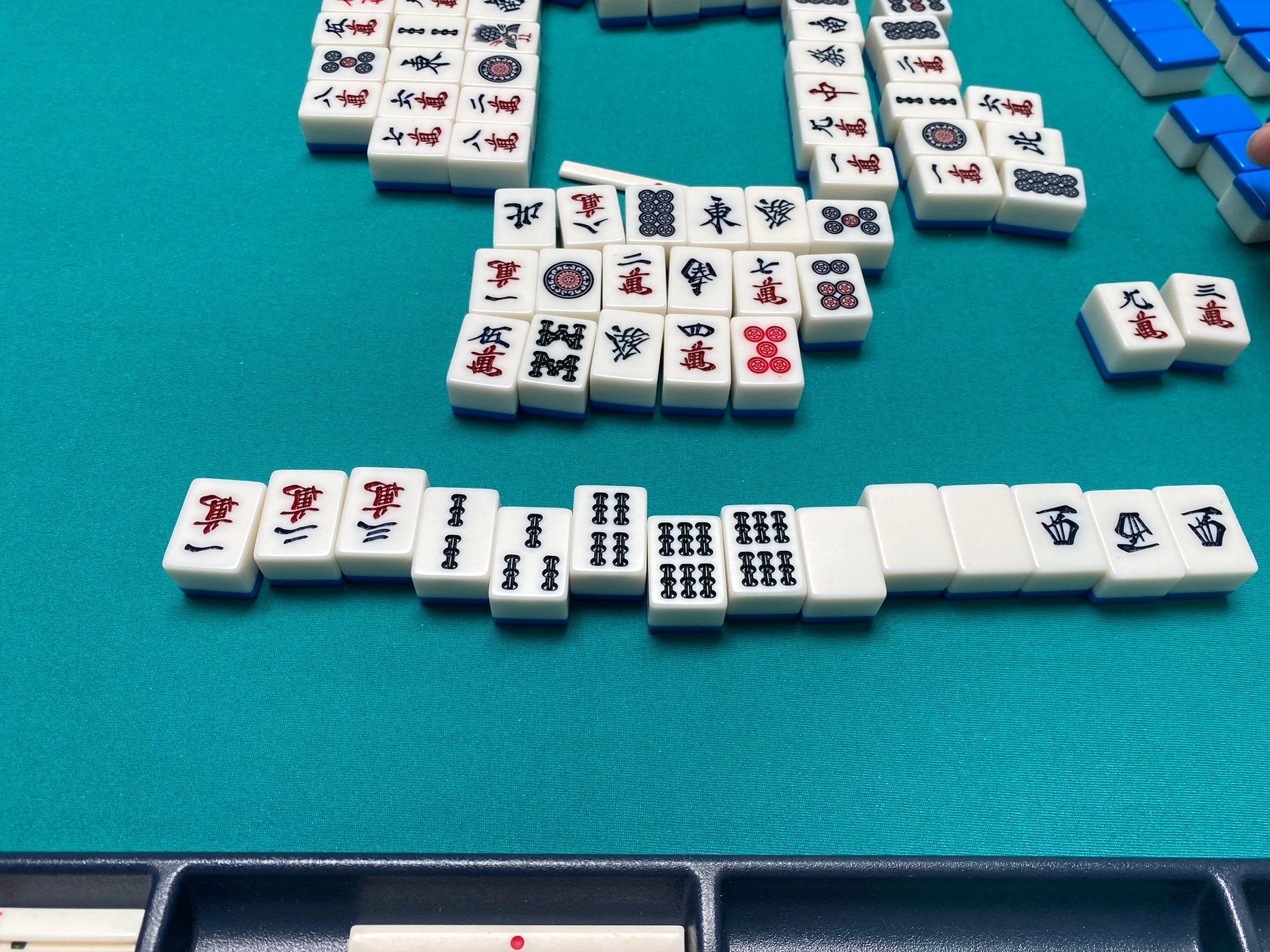
Rediscovering the fun of playing riichi in real life got me regularly playing with the organizing club, Riichi Nomi. I had only ever wanted to play stronger players and get better at the game, and here they were. Suddenly I had a motivation much stronger than the painful drudgery of the online ladder. Even though the meets themselves are laid-back and relaxed, I felt strongly motivated to keep up. I started studying mahjong in earnest. I started to give my online games my full concentration, and to regularly review my games. I started to really care about my play, for, I came to realize, the first time in a long time.3
I’m having with mahjong the kind of formal, serious competitive experience I always wanted to have with fighting games, but could never really commit to because fighting game tournaments end at two in the morning and I live two hours from the venue.4 So I’m very grateful to the club for the battlefield it has given me.
Anyway, a year later I took eight place out of 120 in this year’s Riichi Nomi Open. *By contrast to last year where I could sneak in the night before, the tournament reached maximum capacity in hours; there’s been an explosion in interest in our club.5 Sitting in the same building, at the same tables, playing against many of the same people, I felt definitively— in a game where it’s often hard to tell— how much stronger I had gotten. That’s the feeling I’m always after. In everything.
How it goes down
You might be wondering how we decide who Wins between a hundred-some people when it’s a game of random chance to begin with. In riichi, we play a lot of games and look at the players’ records at the end, trying (ironically) to flatten out our game’s randomness by stretching it. A weak player might get lucky and have a huge game or two, but they can’t win consistently and minimize their losses. Over a lot of games, they’ll definitely fall off.
Last year we had a point cutoff leading to an elimination format semi-finals and a final table. This year, so that everybody could play more games, RNO worked on a cumulative score format. Ten games on a 75-minute time limit per game, over two days. Highest cumulative score over all ten games wins.
Preparing for, and dealing with, fatigue
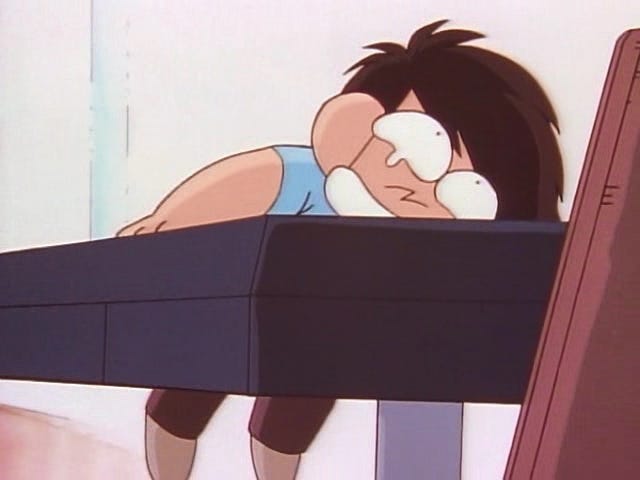
Consider that this adds up to twelve and a half hours of uninterrupted mahjong play over two days, not counting breaks. Playing six hours of serious in-person mahjong a day, giving the game your full attention and making your best decisions, is pretty mentally exhausting. As such, it’s a good idea to plan your day around it, get some good sleep, and make sure you’re at your physical and mental best when you get there. I had planned nine hours of sleep for the start of the tournament, but then I realized that the final episode of Birdie Wing had aired.6
Anyway, I was up earlier than I usually am and, accounting for the vagaries of NYC’s worse-than-ever public transportation, I made it to the area of the venue about an hour before matches started. Food, drink and snacks were provided by the venue, a bridge club on the Upper East Side. This was quite convenient— I devoured a nice deli-style turkey sandwich — but it made me forget about the Gatorade I always pack for my sessions. I need those electrolytes, as Yipes would say.
People were playing matches after-hours, and though I would have loved to enjoy some more competition against strong international players, I knew I wouldn’t be able to give it my best. I have dinner after my sessions— because I am invariably starving hungry after hours of play— and I go home. RNO weekend was no different.
Winning in a score tournament
A raw score tournament is very different from online play, where you’re just aiming to take first or second place and avoid third or fourth place. In a score tournament, you need to win more points than everybody else who’s playing that weekend. You don’t get to that point by just coasting along, playing it completely safe.
Though finishing in first or second is of course good, the real goal is to get big points. In one blowout match I was in second place, but with so many points that it contributed more to my score than some of my just-barely first place finishes.
So your approach to the game changes. You’re going to have to aim for and pull big hands; that 1000-pointer really doesn’t mean much in this context unless you’re trying to cut someone off. So when it looks like you have a legitimate shot at a big hand, you have to be willing to take risks to pursue it. You’ll be pushing hands you might have folded. This is a format that calls for courage and leads to a lot of head-on collisions.
So your mindset has to be there, too. Project confidence even when you’re not confident. If you’re fighting, then aim for the top. Show no mercy. And sit up straight, nerd!
Day 1
My first day was a monster run. I simply won my matches and caught my hands. By the fourth match I was running first place for the entire tournament. It was difficult not to be excited; even my fellow club members were buzzing about it and I kind of felt like a hometown hero at a point.
In fact, high on excitement at one point, I rendered my hand dead by saying “ron—I mean-oh no- I didn’t say that” at the wrong tile; pure nerves. If I had kept it together I would’ve won the hand and, also, 7th instead of 8th place.
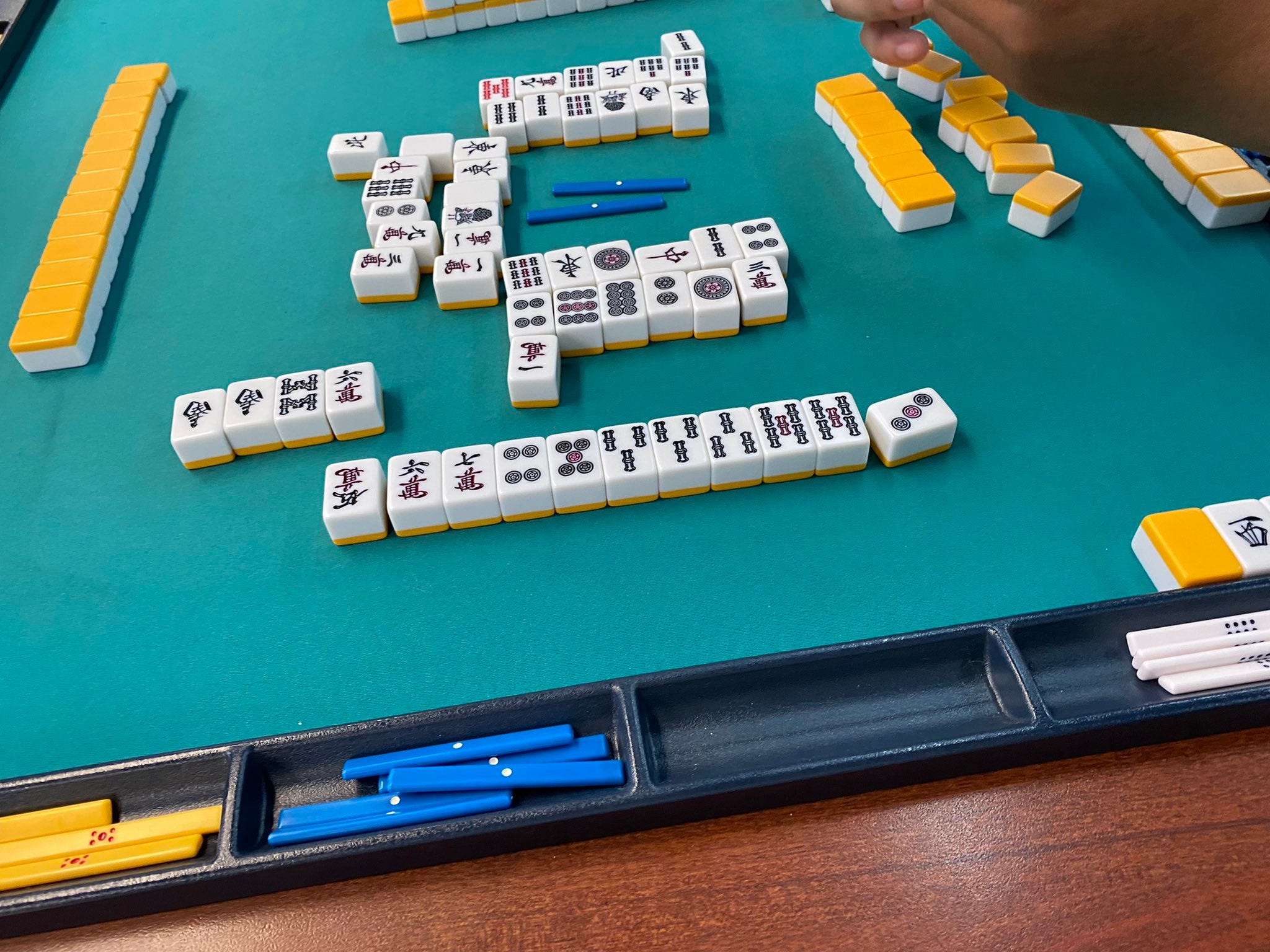
Here’s my hand of the tournament, a humble riichi tsumo… dora 9. I hit two uradora on the closed kan of the west wind just off in the lower right corner, making the kan worth 8 dora by itself. This was a dealer sanbaiman, or 36,000 points.
Despite all the winner endorphins, by game five my brain was a little foggy, the tiles weren’t coming, and the table was rushing to beat the time limit, all of which threw me off.7 The “please be relatively quiet” rule was mostly observed throughout the tournament, but some players posed, uh, real challenges, is all I’m gonna say about that.
At the end of day one I was in second place for the entire tournament. I allowed myself one beer. Two would have broken the bank.
Day 2
Starting from a very strong position in day two, I was less aggressive. At the top of the board it was starting to become important to hold on to the mountain of points I had built for myself. By online mahjong standards, it was a pretty good day: I didn’t lose, I placed first a few times, I was keeping afloat at the top of the boards. But no big hands were coming, so I wasn’t making the major score gains that I needed to actually win the tournament.
I played the meanest, angriest, nastiest mahjong player I have ever played on day two, teamed up with the strongest player I have ever played to crush them, and it got me pumped in a really positive way. I don’t know how that works.
At fifth place in the tourney in the final round, I was already out of the running for first. First place and the eventual winner, Steve Augustin, was just so far up that passing him in a single game just wasn’t feasible. So I adjusted my aim to top four or bust. I needed to have a pretty good game for this to happen, but it wasn’t out of the realm of possibility at all.
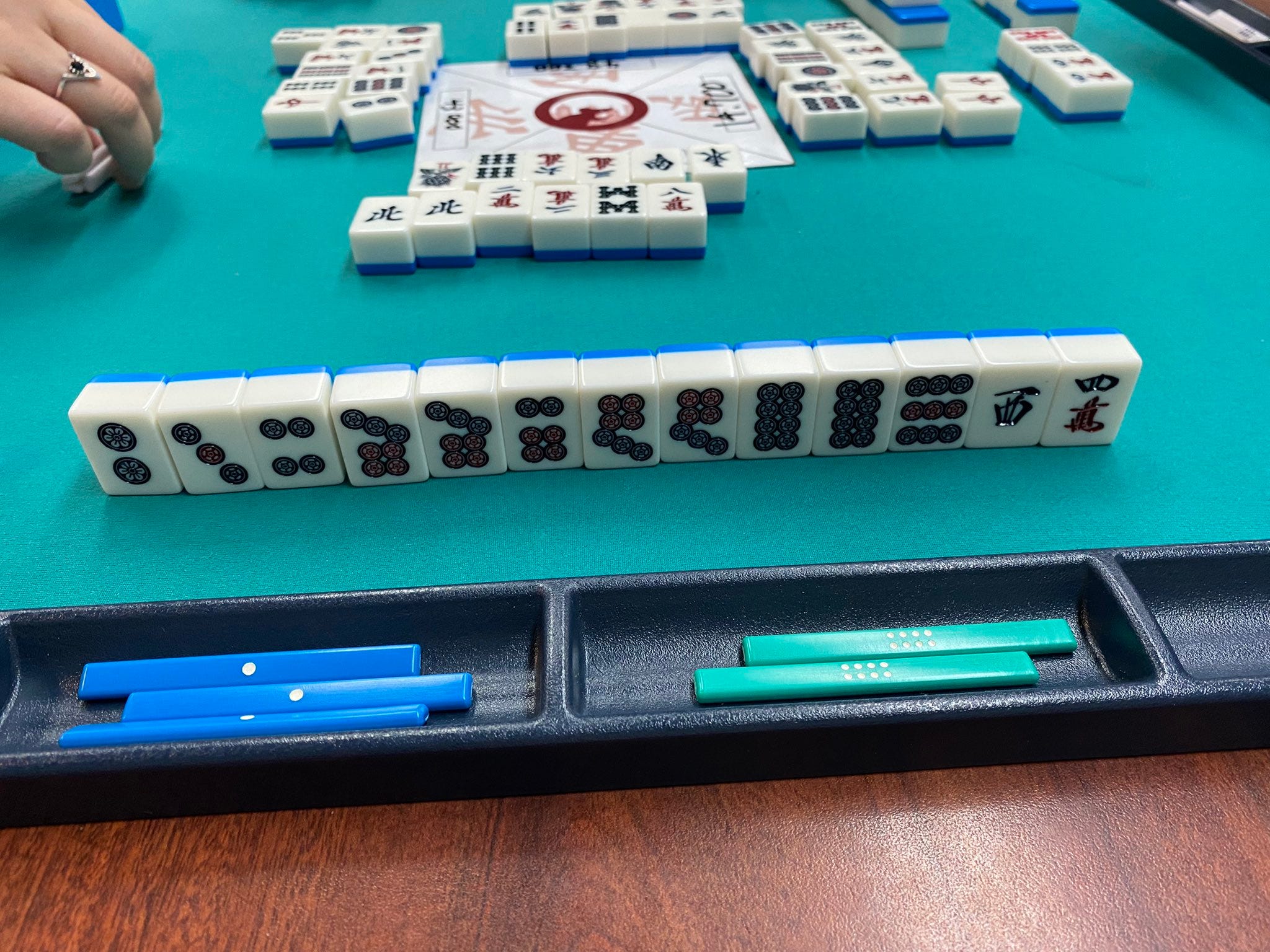
Well, anyway, that’s the game I lost. High-scoring hands started to come, but at every tenpai I dealt into, of all people, one of the substitute players (of all people, a Kawaiikochans sponsor who is probably reading this hi). Losing thirty points dropped me to eighth place.
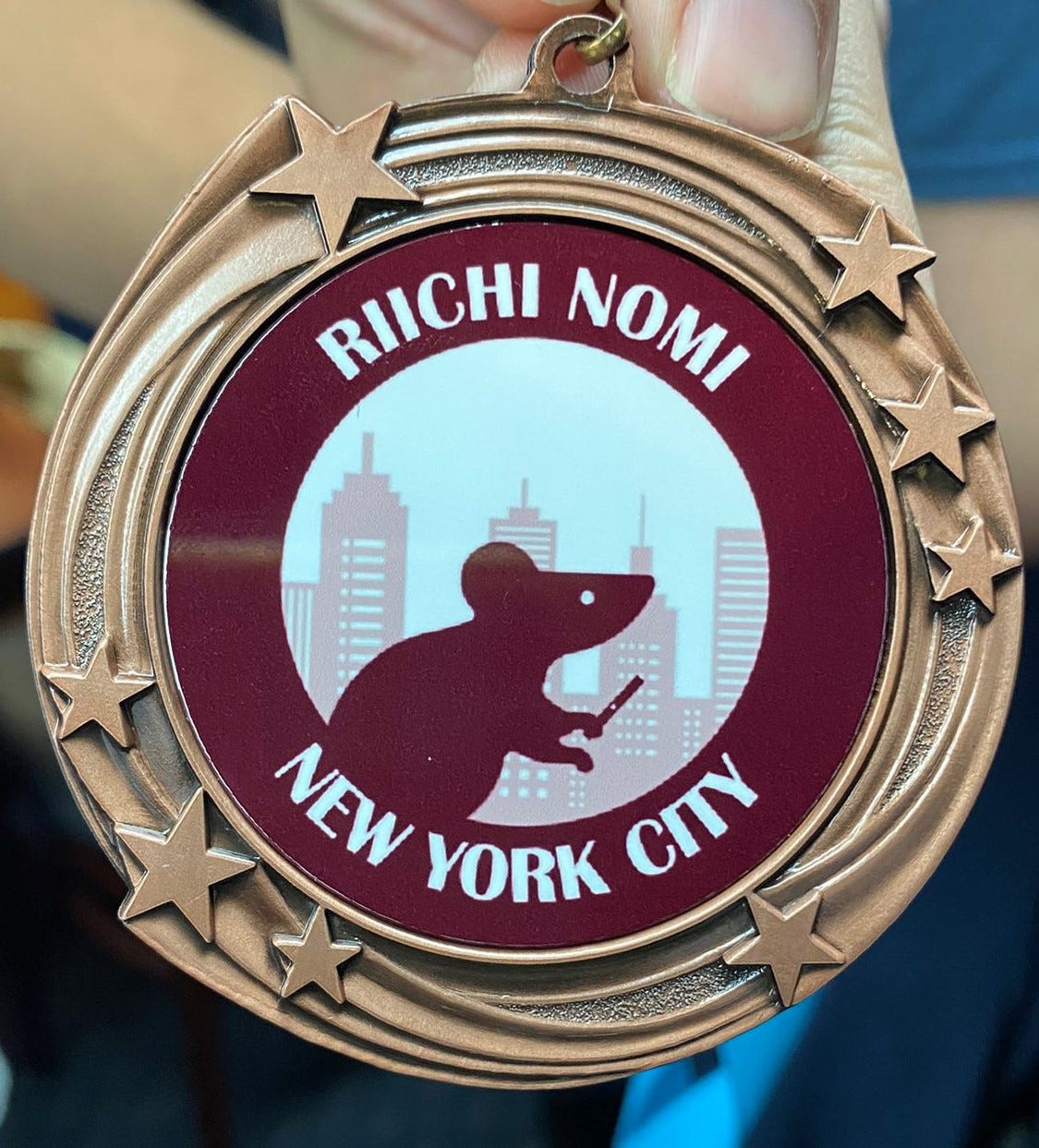
Top eight is still medal territory though, and I’m really quite proud of what I managed to do at the tourney. I’ve been showing off the medal to people who don’t care about it at all, because that’s my right.
My friends were perplexed that I didn’t want to treat myself with a big dinner after making top 8. I still haven’t; I was broke that weekend, after all. Maybe I’ll save my treat for Otakon.
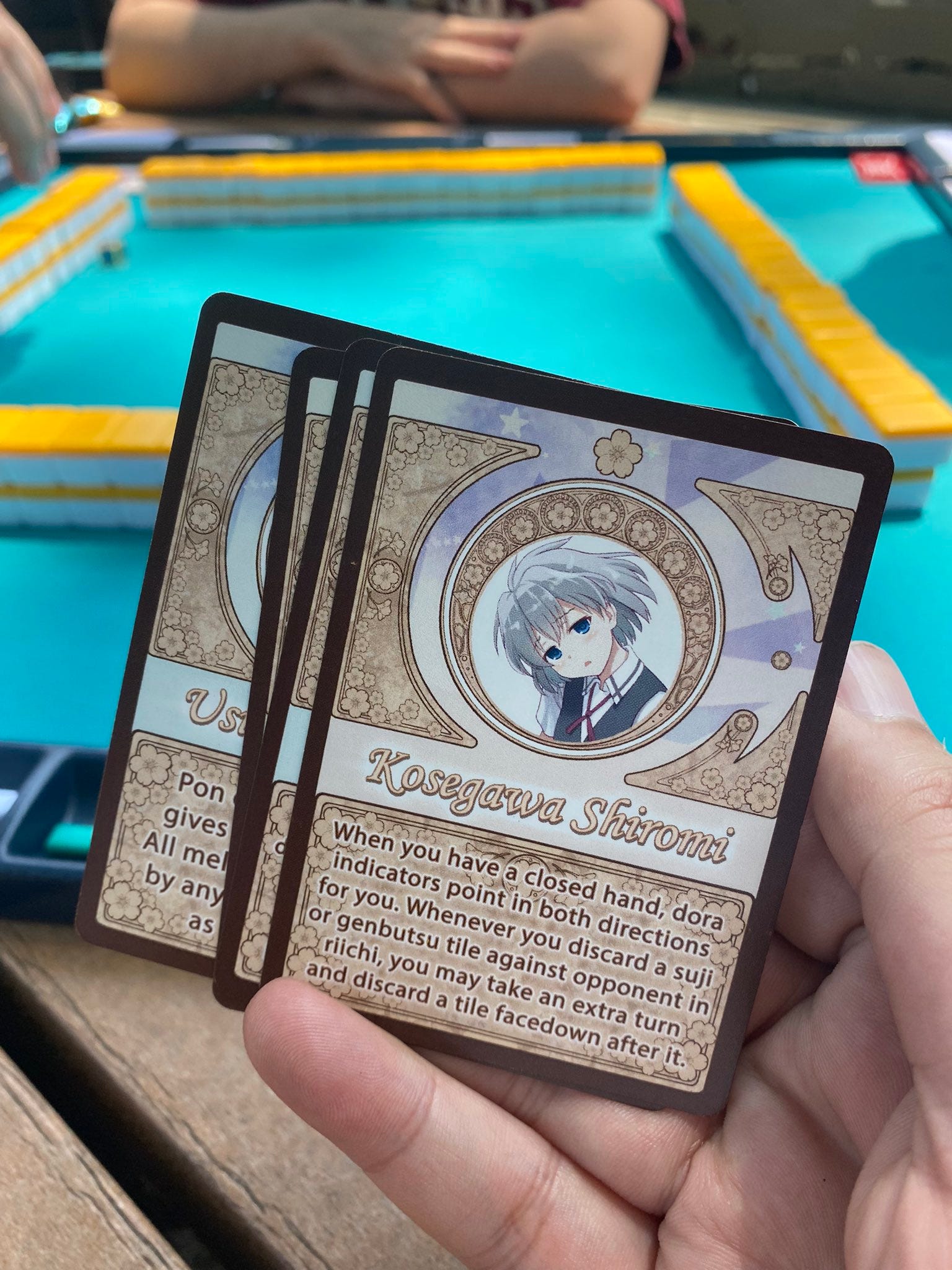
Still mentally exhausted, I showed up to the next-day BBQ to drink and play Saki rules. Mahjong rules. I love mahjong.
The first game to really make me feel this way was Mystery Dungeon: Shiren the Wanderer (DS remake, SNES game). Some Shiren games are unwinnable. You do your best to squeeze what marginal gains you can out of them, and that’s “good play”. Good play might make today’s game winnable, but if it was never winnable to begin with, well, look outside the game and yourself and consider life. ↩
I have accounts on everything from Tenhou to Riichi City to Maru-jan. My Tenhou account was blown up from lack of logins, but about a year ago I was a tokujou level player at 5th dan and around 1850R. ↩
When I play fighting games I’m like, “wow, I’m sloppy here!” ↩
With all my love to the TSB crew. ↩
With every anime convention experience comes a new influx of players. In the age of Mahjong Soul and the Yakuza games, it’s now pretty easy for the average anime nerd to come across mahjong. ↩
Local scene is definitely majority-otaku. ↩
I hate to be That Guy but I really should have called the judges this game, and I eventually did. ↩
